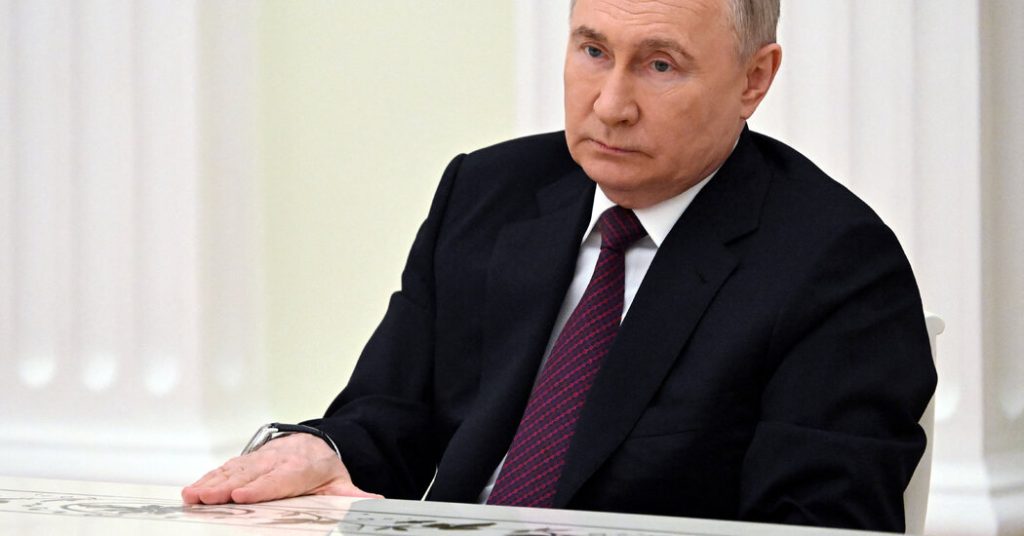The aftermath of the terrorist attack at Moscow’s Crocus City Hall has left Russia in mourning, with at least 143 people dead. Meanwhile, Russia’s leadership, led by President Vladimir Putin, is believed to be planning their next move. Despite ISIS claiming responsibility for the attack, the Kremlin has consistently accused Ukraine and its Western supporters, with Putin suggesting that radical Islamists were operating under someone else’s command. While Russia has not yet revealed their response to the attack, there have been increased strikes on Ukraine’s civilian infrastructure, indicating a potential escalation of conflict.
From Putin’s perspective, stepping up attacks in Ukraine makes strategic sense, as it would demonstrate to the Russian population that those who harm them will be punished. These actions could also divert attention from the failure of the security establishment to prevent the attack and potentially garner more support for the ongoing war in Ukraine. With Putin’s recent re-election victory solidifying his position, Russia’s military superiority over Ukraine, and uncertainty surrounding Western support for Kyiv, the timing for new offensives in the region seems favorable for Moscow.
Russia’s foreign policy has shifted significantly in recent years to align with its war aims in Ukraine. The country has established non-Western alliances, securing alternative sources of weapons and resources to lessen the impact of Western sanctions. The integration of non-Western states into diplomatic allegiances reduces the likelihood of pressure to de-escalate the conflict in Ukraine. Russia’s chairmanship of the BRICS group has allowed them to engage an ever-growing network of countries, fostering support for their objectives and bolstering their global influence.
Russian efforts to portray the conflict in Ukraine as a proxy war with the United States have resonated with many non-Western audiences, garnering sympathy and reducing potential pressure for Russia to back down. The normalization of the war in the global narrative has further diminished Western support for Ukraine, ultimately benefiting Moscow’s strategic goals. Heightened confrontation with the West, coupled with actions to destabilize international order, have compounded the challenges facing Western countries in offering effective support to Ukraine and addressing shared challenges.
The West’s response to the ongoing conflict in Ukraine has been hindered by internal divisions, inertia, and external distractions. European capitals remain slow in providing crucial support to Ukraine, while the United States faces political gridlock and disruptions from the upcoming election. Despite accusations of hypocrisy and double standards, the West has not significantly altered its approach, leaving Ukraine increasingly vulnerable to Russian aggression. With Russia’s recent bombing of Kharkiv, the situation in Ukraine is expected to deteriorate further, with Moscow potentially exploiting its advantage on the battlefield in the coming months.


